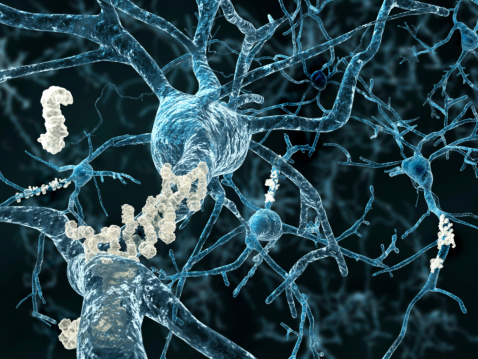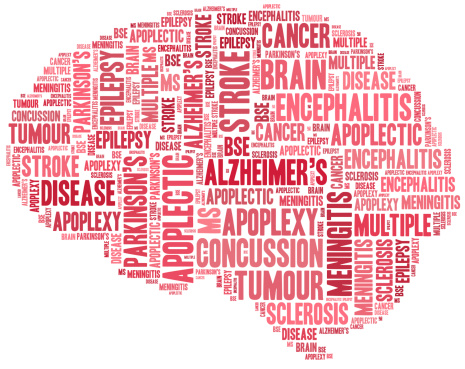Postmenopausal hormone therapy may help prevent dementia
The University of Eastern Finland has found an association between postmenopausal estrogen-based hormone therapy and a decreased risk of Alzheimer’s disease. Alzheimer’s is one of the most prevalent forms of dementia, especially among women, so these findings indicate that the female sex hormones—estrogen and progesterone—may be useful in preventing its onset and preserving cognitive ability ...click here to read more














